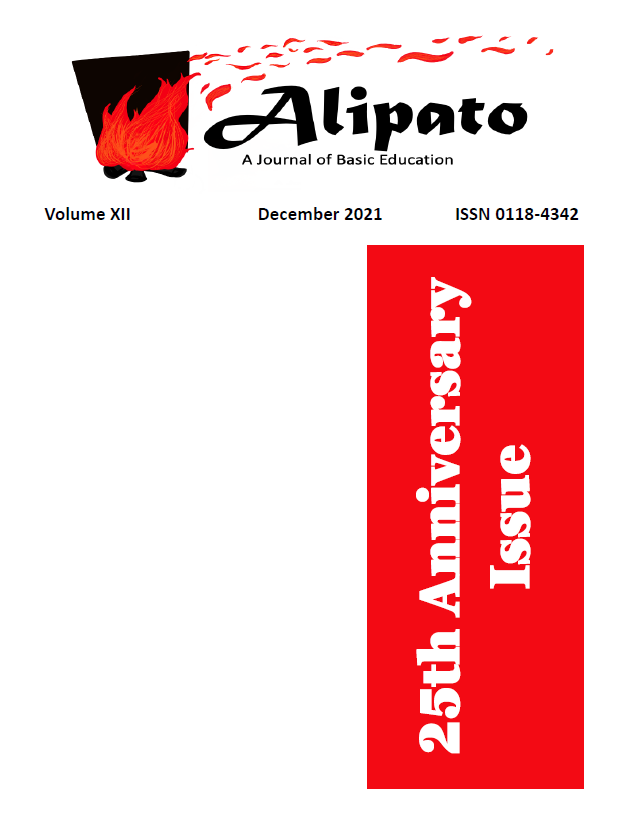A Fondness for Lexical Teddy Bears: A Contrastive Analysis of Filipino Adjectives and their English Translations by Senior High School Students
Abstract
This paper makes a contrastive analysis of high-frequency Filipino adjectives and their English translations made by Grade 11 students of Alaminos Integrated National High School to determine not only their lexical competency but also the factors that may contribute to the difficulties they experience in L2 production about the accuracy and appropriateness of their vocabulary use. The study used an online survey requiring the randomly selected students to translate Filipino sentences into English. Each constructed Filipino sentence contains a target adjective and, by using the classical contrastive procedure to compare the Filipino lexical items and their English translations, three things were revealed: (1) it was observed that there was high inclination for the respondents to rely on high-frequency English words regardless of their appropriacy and relation to their collocates; (2) the semantic flexibility of Filipino adjectives possibly contributes to the lexical dissonance of the translations made by the language learners; and (3) the students’ deficiency in both vocabulary breadth and depth can be a direct result of their reluctance to step out of their lexical comfort zones. This paper also discussed the research findings’ impact on vocabulary teaching in public schools in the Philippines.
Keywords: contrastive analysis, lexical dissonance, semantic prosody, translation, vocabulary, vocabulary learning


